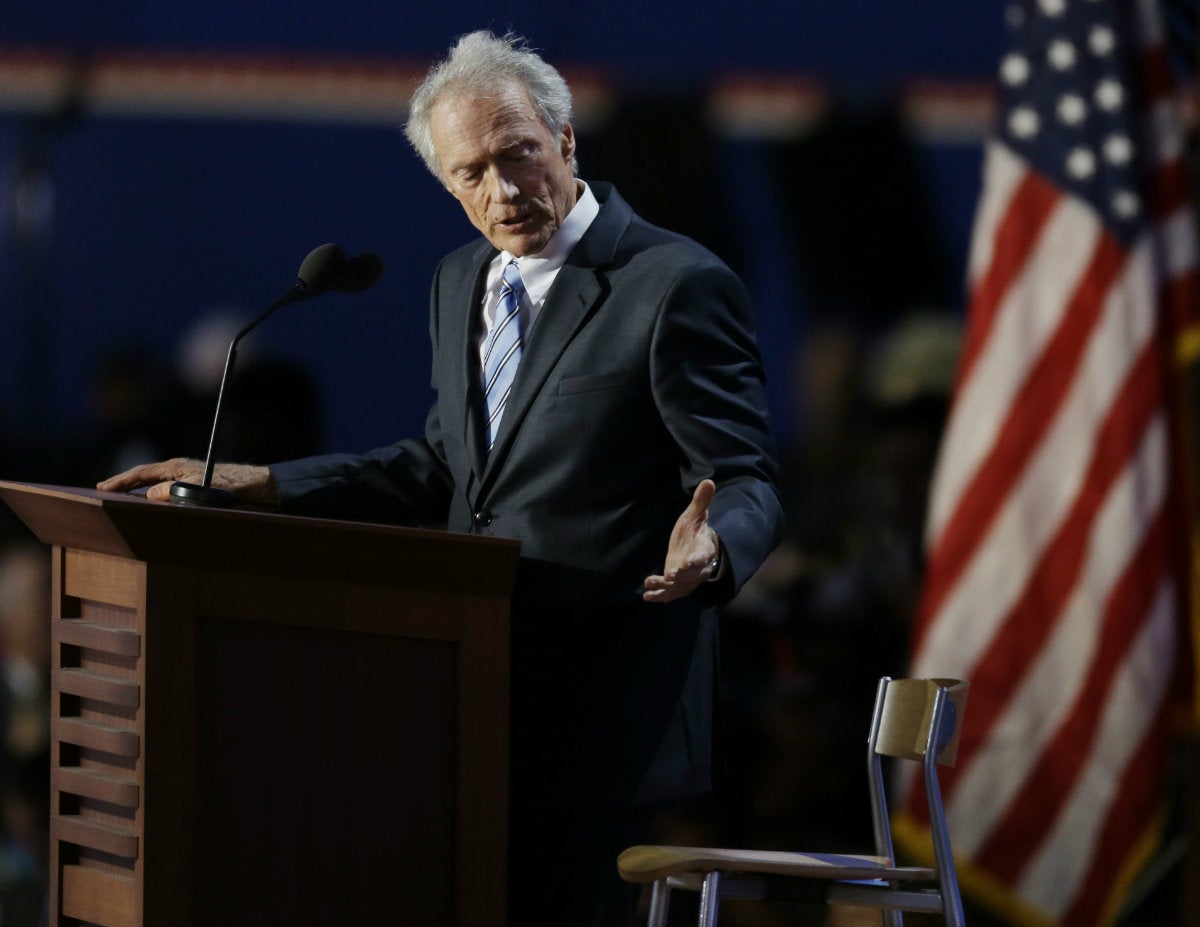The Big Ideas: It’s election season in Eastern Europe, Korea and beyond
Don’t forget about the Caucasus. Laurence Sheets for Bloomberg View reminds readers that Georgia is about to face its most uncertain parliamentary elections since its independence 20 years ago. There is fear that the losing party will not concede defeat, especially since campaigning between the ruling United National Movement Party and the Georgian Dream opposition has been contentious so far. There are larger implications for unrest in Georgia, since most of the gas and oil pipelines that pass through there touch the region’s hotspots.

Don’t forget about the Caucasus. Laurence Sheets for Bloomberg View reminds readers that Georgia is about to face its most uncertain parliamentary elections since its independence 20 years ago. There is fear that the losing party will not concede defeat, especially since campaigning between the ruling United National Movement Party and the Georgian Dream opposition has been contentious so far. There are larger implications for unrest in Georgia, since most of the gas and oil pipelines that pass through there touch the region’s hotspots.
Viva la democracia! Frederik Willem de Klerk for Project Syndicate argues that above all, in Venezuela’s elections, fairness must be upheld. The lack of a free media and Supreme loyalist meddling in opposition affairs doesn’t instill faith in that democratic functions will be upheld. “Moreover, a cloud of uncertainty hangs over the period following the October election; regardless of who wins, the president will face a daunting challenge in trying to restore normalcy to ordinary Venezuelans’ lives.”
Kenya remains hopeful. Craig Nicolson for The Daily Maverick points out that recent violence in Kenya calls into question whether the country is ready to move past the post-election chaos of 2007-8. Since then, the country has experienced an increase in entrepreneurship and is poised to open its first large-scale mine. Yet these developments will be for naught if religious and class violence erupts again.
Character check in Korea. An editorial in The Korea Times points out that Independent presidential candidate Ahn Cheol-soo’s apology over the discovery that he failed to properly report taxes was hardly adequate. “Whether or not his attackers are more corrupt than him, and whether or not what they say is true, Ahn must leave it all up to voters’ judgment, and do his best to make sincere, detailed explanations.”
Race in the room. Adam Haslett for the Financial Times argues that the US elections aren’t about the role of the federal government but the persistence of racism and the Republican’s refusal to allow the country to achieve social solidarity. There is nothing fiscally sound about Romney’s federal tax policy. ”Perhaps, then, Clint Eastwood’s strange, off-color rant at an empty chair was the most honest advertisement for the party after all: an aging white man, who plays a vigilante in the movies, barking at an imaginary enemy.”